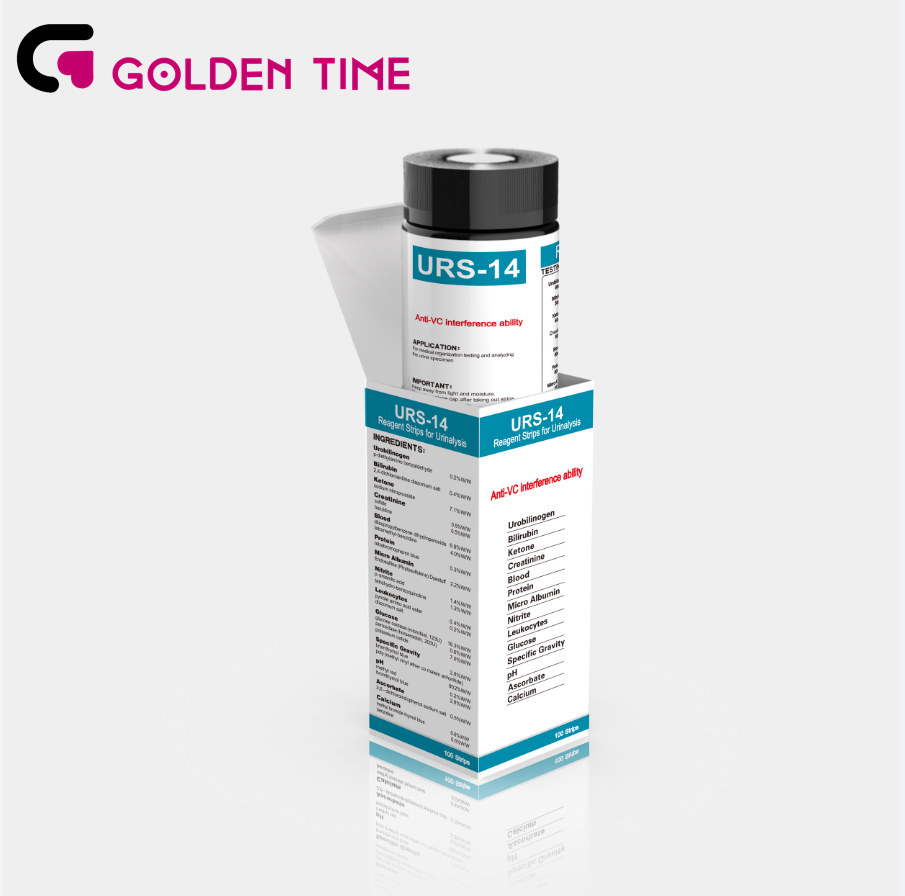Feb . 17, 2025 15:23 Back to list
COVID-19 (SARS-CoV-2) Antigen Test Kit
Antigen rapid test kits, especially those targeting COVID-19 like the antigen rapid test kit 19, have become indispensable tools in managing the pandemic. Offering quick results, these kits have empowered individuals and healthcare systems to make informed decisions rapidly. By digging into real-world experiences and expert insights, we aim to shed light on the significance and functionality of these test kits.
Trust in antigen rapid test kits is built through rigorous validation processes. Many manufacturers have undergone extensive clinical evaluations to substantiate the efficacy and reliability of their products. User reviews and post-market surveillance continue to play a crucial role in maintaining the standards expected from these diagnostic tools. Real users often share experiences emphasizing the tests' accuracy in detecting active infections, although they caution about the need for follow-up PCR tests in cases of negative results with ongoing symptoms. Moreover, the affordability of antigen rapid test kits significantly contributes to their trustworthiness. Many governments have made efforts to subsidize the costs, ensuring that price is not a barrier to frequent testing. This accessibility promotes community testing initiatives, essential for detecting and controlling viral spread in lower-resource settings. Advocating for widespread awareness and literacy regarding the correct use of antigen rapid test kits is imperative. Consumers are encouraged to follow the specific instructions provided with each kit to maximize accuracy. Additionally, understanding the test's limitations and the proper contexts for its application helps users maintain a balanced perspective on its results. Finally, as the technological landscape of rapid testing evolves, continued research and development are crucial. Scientists and healthcare professionals are exploring enhancements in test sensitivity and specificity, aiming to refine these diagnostic tools further. This ongoing innovation not only enhances the immediate utility of antigen rapid test kits but also prepares society for future public health challenges. In conclusion, antigen rapid test kits are pivotal in the collective efforts to manage COVID-19. By balancing speed, accessibility, and validated performance, these kits stand out as a practical, life-saving resource in a rapidly changing world.


Trust in antigen rapid test kits is built through rigorous validation processes. Many manufacturers have undergone extensive clinical evaluations to substantiate the efficacy and reliability of their products. User reviews and post-market surveillance continue to play a crucial role in maintaining the standards expected from these diagnostic tools. Real users often share experiences emphasizing the tests' accuracy in detecting active infections, although they caution about the need for follow-up PCR tests in cases of negative results with ongoing symptoms. Moreover, the affordability of antigen rapid test kits significantly contributes to their trustworthiness. Many governments have made efforts to subsidize the costs, ensuring that price is not a barrier to frequent testing. This accessibility promotes community testing initiatives, essential for detecting and controlling viral spread in lower-resource settings. Advocating for widespread awareness and literacy regarding the correct use of antigen rapid test kits is imperative. Consumers are encouraged to follow the specific instructions provided with each kit to maximize accuracy. Additionally, understanding the test's limitations and the proper contexts for its application helps users maintain a balanced perspective on its results. Finally, as the technological landscape of rapid testing evolves, continued research and development are crucial. Scientists and healthcare professionals are exploring enhancements in test sensitivity and specificity, aiming to refine these diagnostic tools further. This ongoing innovation not only enhances the immediate utility of antigen rapid test kits but also prepares society for future public health challenges. In conclusion, antigen rapid test kits are pivotal in the collective efforts to manage COVID-19. By balancing speed, accessibility, and validated performance, these kits stand out as a practical, life-saving resource in a rapidly changing world.
Latest news
-
Dengue NS1 Rapid Diagnostic Test Kit
NewsMar.07,2025
-
Dengue NS1 Rapid Diagnostic Test Kit
NewsMar.07,2025
-
Dengue NS1 Rapid Diagnostic Test Kit
NewsMar.07,2025
-
Transferrin Rapid Test Cassette Tumor Marker TF Card
NewsMar.07,2025
-
Malaria Pf Pan Rapid Diagnostic Test Kit
NewsMar.07,2025
-
malaria pf / pan ag rapid test
NewsMar.07,2025

